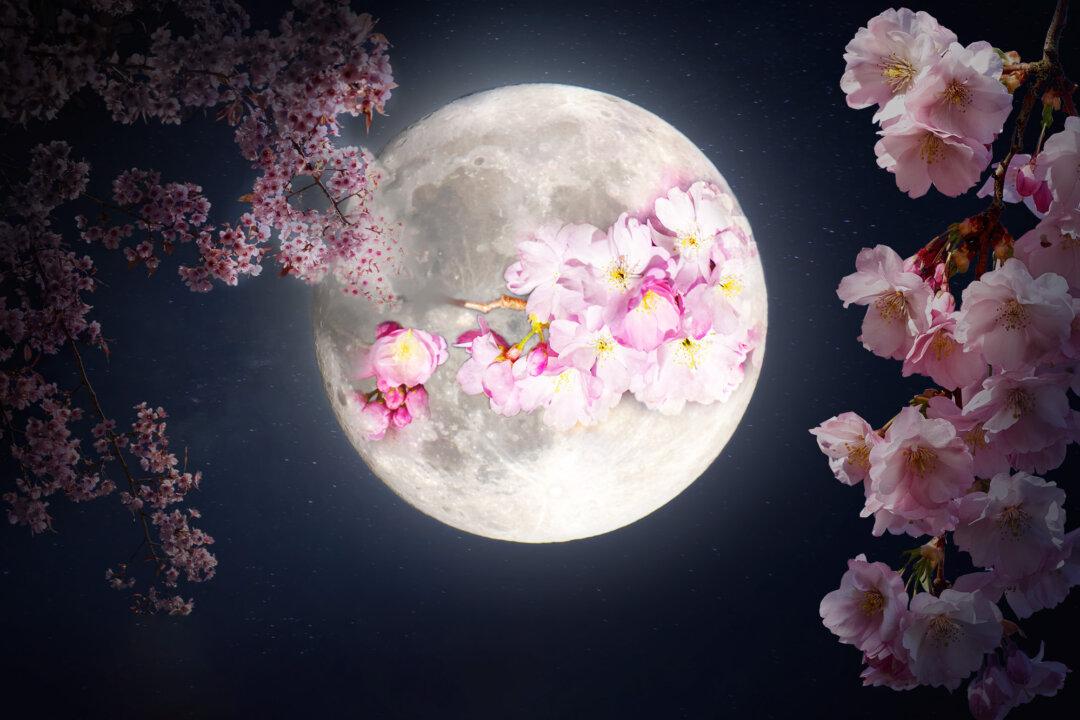Mulberry Moon. Budding Moon. Milk Moon.
The names traditionally given to May’s full moon abound—but the most famous of all probably belongs to the Flower Moon.

Mulberry Moon. Budding Moon. Milk Moon.
The names traditionally given to May’s full moon abound—but the most famous of all probably belongs to the Flower Moon.